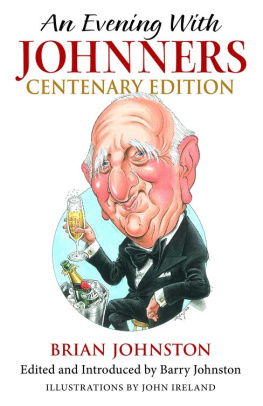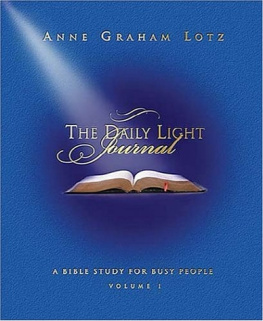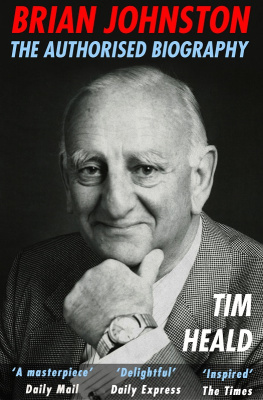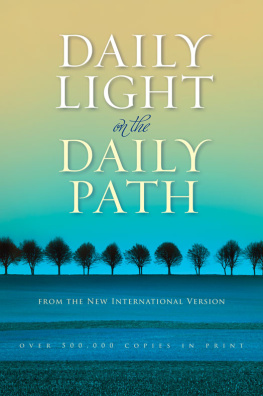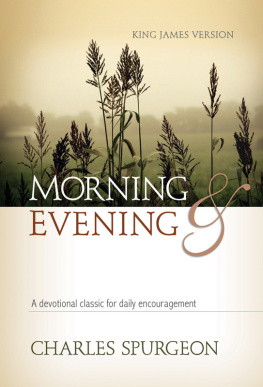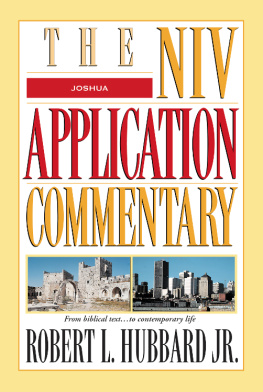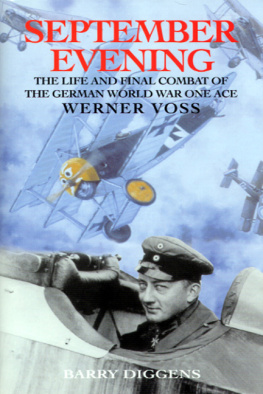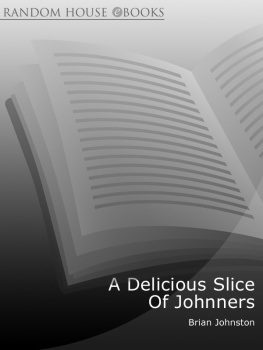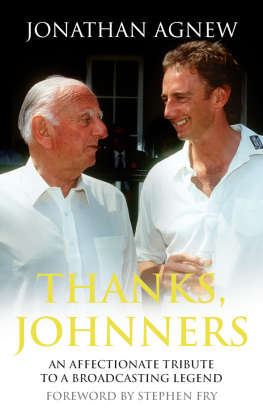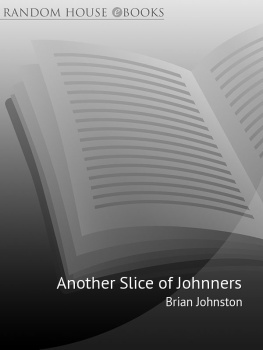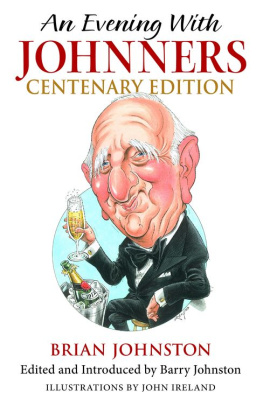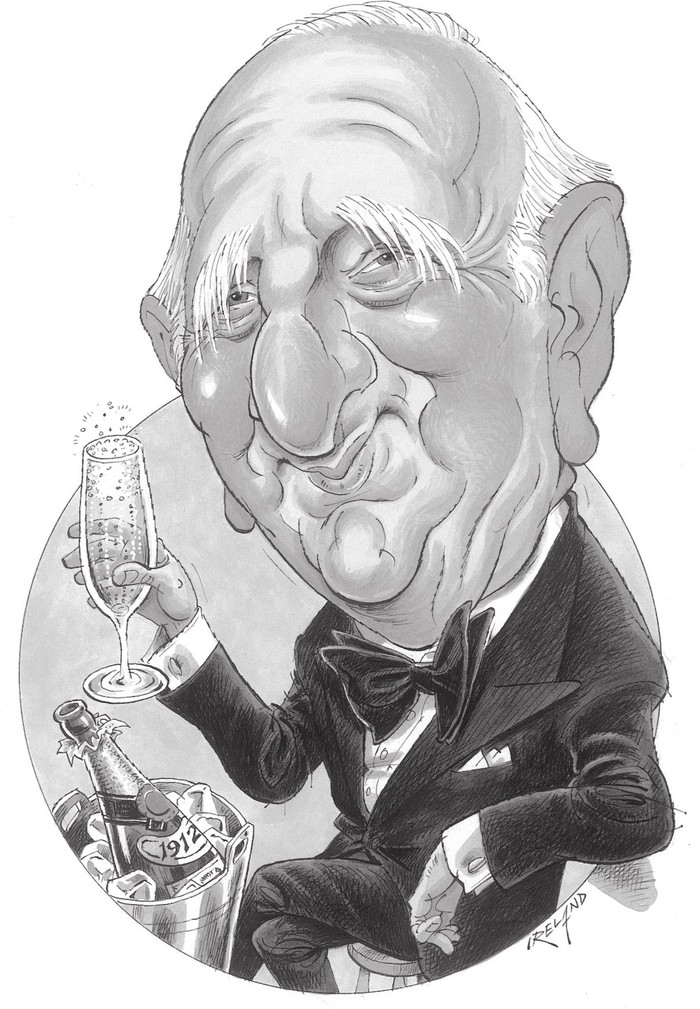Technology has also advanced considerably over the past twenty years. It is amusing to read Brian telling his audiences about a controversial innovation that was being tried out in Australia, where action replays were shown on a big screen at the Test match grounds. He worries that it might make life more difficult for umpires in the future. In the days before the widespread use of email and the internet, Brian also expresses admiration for the TMS scorer Bill Frindall, because of all the overseas telegrams that he has to read every morning, and the huge number of reference books that he has to carry around with him. How times have changed.
When these performances took place in 1993, the famous Leg Over giggle had occurred only about eighteen months earlier, and many audiences were hearing the recording for the first time. Now it has become a part of broadcasting history and in 2005 it was voted the greatest sporting commentary of all time by listeners to BBC Radio Five Live. Brian would have found that truly hilarious.
It is hard to believe that my father would have reached his century this year. In the pages of this book, and in the memories of all those who love cricket and laughter, he is forever ageless.
I n March 1993 I went to see my father at the Hawth Theatre in Crawley. He had just started a nationwide tour of his one-man show An Evening with Johnners and was playing to packed houses everywhere he went.
I had heard most of the anecdotes and jokes at least a dozen times before but I soon found myself laughing out loud along with the rest of the audience. It did not seem to matter if the stories were familiar or the jokes were corny; in the words of Frank Carson, it was the way he told them!
And no one told a story like Brian. He would draw you into his confidence as if he had never told this to anyone before and when he came to the punch-line, he would deliver it with such obvious delight that you could not help but laugh, no matter how preposterous the gag.
The show was a triumph and afterwards I thought how wonderful it would be to have a recording of it for posterity, to play to my children in years to come. So I arranged for a recording to be made at the Marlowe Theatre in Canterbury a few weeks later.
As I listened back to the recording, I found myself thinking that it sounded good enough to release commercially. Brian was on top form that night and the audience obviously loved him. So I contacted Roger Godbold at Listen For Pleasure, EMIs spoken word label. Roger explained that spoken word recordings generally took a long time to make a profit, but he felt that if we were lucky, we might be able to sell about five thousand copies in the first year.
Brian was unsure at first. He worried that if people could buy a recording of all his best anecdotes, then they would not need to buy tickets to see him in person. I managed to persuade him that the laughter from the audience was so infectious that it would make people want to go and see his show even more. In the end he agreed, but I suspect it was more as a favour to me than because he believed it was really true.
The audio cassette of An Evening with Johnners was released in October 1993 and sold more than five thousand in the first two months. By Christmas it was the number one bestseller in the spoken word chart and it went on to sell more than one hundred thousand copies in under two years and earned a coveted Gold Disc award. At one point the cassette was selling so fast that it even entered the pop album charts and reached as high as number forty-six, above stars such as Elton John and UB40.
The sadness was that Brian never lived to see it, because he suffered a heart attack on 2 December 1993 and died peacefully in his sleep just a month later. He was eighty-one.
Brian had been telling all his stories and jokes for years at cricket dinners, ladies luncheon clubs and hundreds of other charity events and functions. He had developed a number of set speeches, depending on whom he was addressing. He could tell his most famous gaffes, or tales about his colleagues on Test Match Special, the royal occasions, Down Your Way, or simply collections of jokes about judges, bishops and even animals.
In the early 1980s Brians long-time agent, Dabber Davis, had the idea of putting all the stories together into an occasional Evening with Brian Johnston. Brian would start by talking for about forty-five minutes and then, in the second half, take questions from the audience. But Brian had so much material that he soon found it easier to talk through the whole show.
One of the first such evenings was at the Sevenoaks Festival. Brian was used to doing after-dinner speeches and he asked Dabber whether he ought to wear a dinner jacket for the occasion. He laughed when Dabber said that if he did, he would probably frighten half the audience to death. From then on, he always wore a lounge suit on stage.
Those early performances were a great success. Then in 1992 I heard from an old colleague of mine from my younger days as a musician. Jeff Watts had played bass guitar in the pop group Design with me in the mid-seventies, but now he was a successful promoter and he wondered if my father would be interested in doing a nationwide tour of his one-man show. Brian was intrigued by the idea and said that if Jeff could find any theatres prepared to book him, then he would give it a try.

